A plus for responsible fisheries
Fish and seafood are amongst the most important foodstuffs worldwide. But fish stocks are under pressure: overfishing not only damages the maritime ecological system, but also the fishing industry. The Marine Stewardship Council (MSC) acts to combat this.
New MSC traceability standards from 01 September 2015
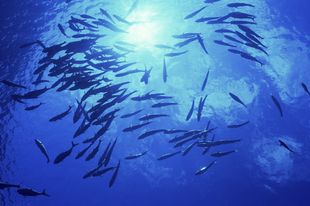
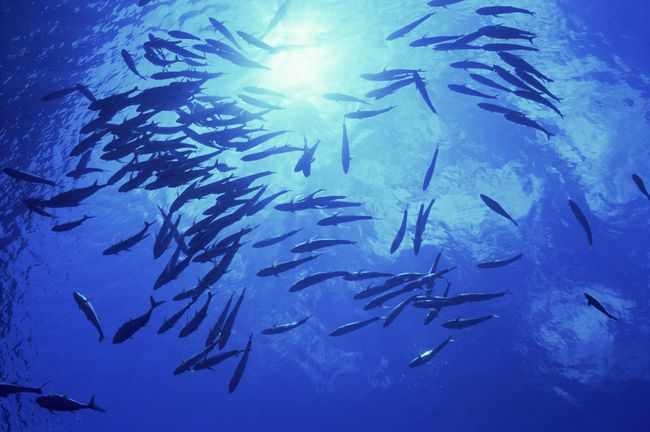
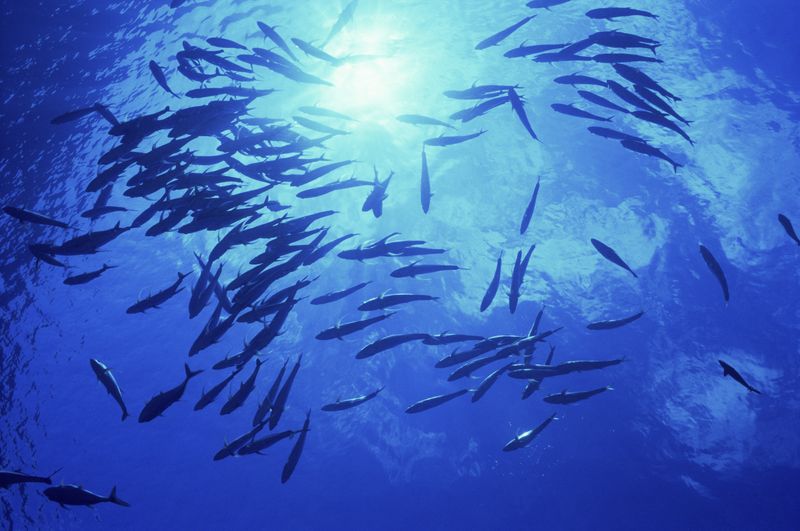
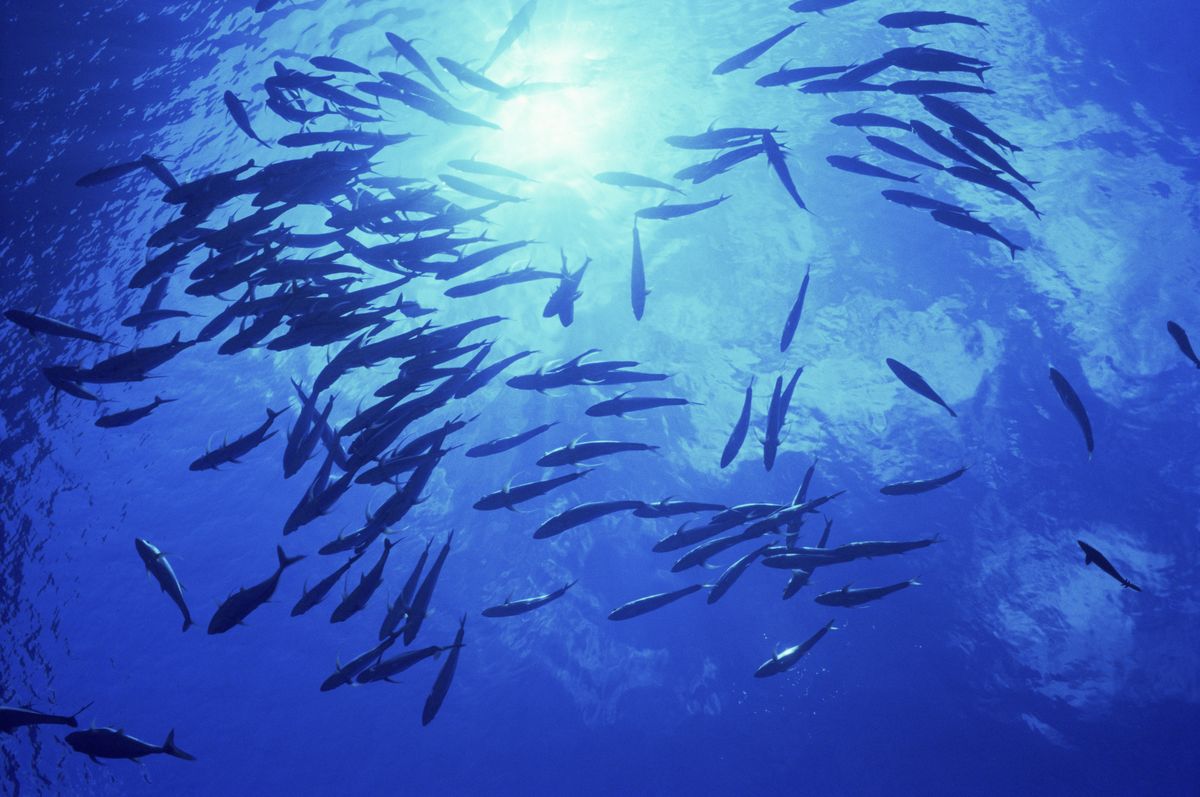
Implementation period of changes:
Release date: February 20, 2015
Mandatory as of: 01 September 2015
From September 1, 2015, all companies need to reference the new versions of the MSC traceability Standards are audited.
The current versions of the MSC standard can be found here: www.msc.org/documents
More information can be found on the MSC website. There is also information provided that can help you in the transition to the amended version of the MSC traceability standard, or in a transition to a new Version of the MSC standards.
If you have questions about the certification, please contact TÜV UK office or email at food-uk@tuv-nord.com.
This international, independent and non-profit organisation has drawn up standards for sustainable fishing, and its certification system provides consumers with the means of identifying responsible fishing. TÜV UK offers certification according to MSC specifications.
After certification, companies may use the widely known and respected MSC logo on their products. This secures a number of competitive advantages, creates access to new and environmentally aware customer groups and provides independent evidence of a completely transparent supply chain. The Fish Information Centre (FIZ) in Hamburg also encourages use of this seal.
TÜV UK provides product chain certification to the MSC "Chain of Custody" for all companies in the supply chain (at the present time we cannot offer certification of fisheries on the spot).
The certification proceeds as follows:
- An optional pre-audit reveals possible weaknesses in the preparatory phase.
- Once employees have been informed about the MSC principles, an MSC officer is appointed and he will monitor compliance with the MSC requirements.
- Accredited certifiers and MSC auditors from TÜV UK visit the company, review the documentation with respect to traceability from the reception of goods to dispatch of goods and conduct interviews with employees to obtain a picture of how the fish is handled.
- If necessary, the certifiers will stipulate conditions, for example the presentation of evidence of suppliers' certification.
- After the certification process has been successfully completed, TÜV UK draws up a report and issues the MSC certificate, which is valid for three years. Following this, regular monitoring audits are conducted to ensure the standard is maintained.
- The certified company can register with the MSCI (Marine Stewardship Council International) to use the MSC logo.
For further information acc. to use the MSC-Logo after a successful certification, please click here www.msc.org/documents/logo-use
A plus for responsible aquaculture
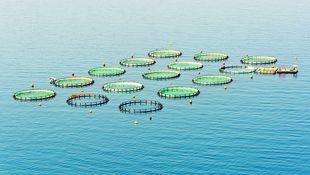
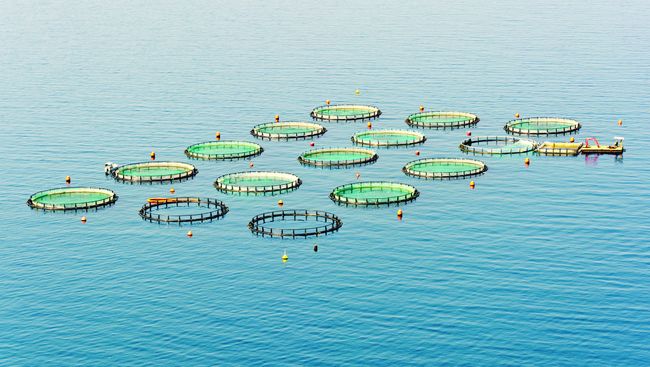
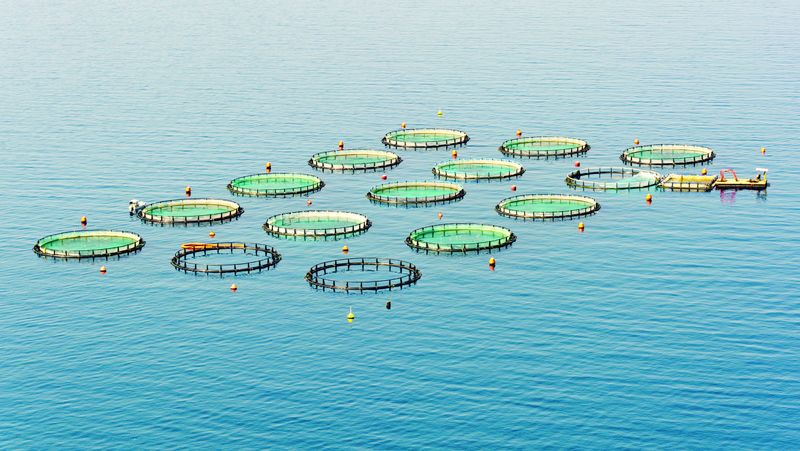
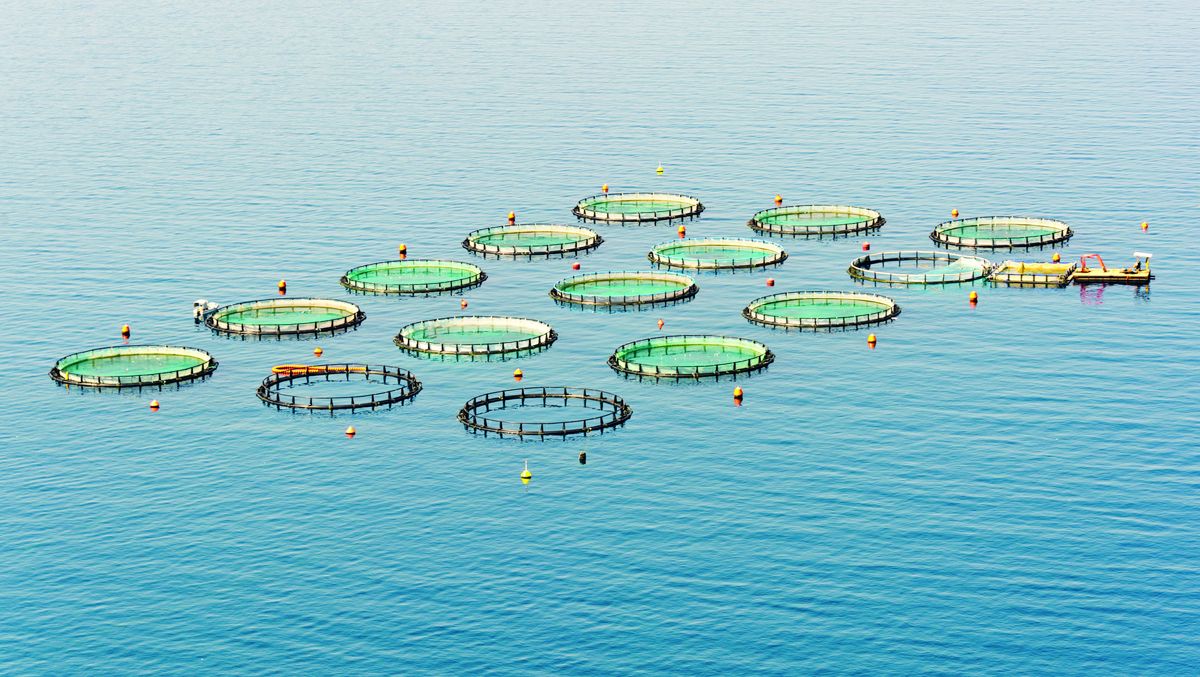
Fish and seafood are among the most important foodstuffs worldwide. But fish stocks are under pressure: One way to prevent overfishing is to make use of aquaculture. To ensure that aquaculture is conducted with care and in a sustainable fashion there is now also the certification process of the Aquaculture Stewardship Council as a counterpart to the Marine Stewardship Council (MSC).
This international, independent and non-profit organisation has drawn up standards for sustainable fish farming and its certification system provides consumers the means of identifying responsible aquaculture. As one of the few accredited partners in Germany, TÜV NORD CERT offers certification according to ASC specifications.
National and international companies from nearly all sectors of the fishing industry which have to do with aquaculture can obtain certification, including importers, processors, wholesalers and retailers, institutional catering facilities and restaurants, and fish farm associations. When they have successfully undergone an audit they have documentary proof of their sustainable commitment to the responsible handling of fish as a commodity – more and more purchasers and consumers demand verification of the purchased product's origin. Certification ensures through unbroken traceability that the goods are from a legal catch. This enhances credibility when dealing with fish farms, customers and end consumers.
After certification, companies may use the widely known and respected ASC logo on their products. This secures a number of competitive advantages, creates access to new and environmentally aware customer groups and provides independent evidence of a completely transparent supply chain.
TÜV NORD CERT provides product chain certification to the ASC "Chain of Custody" for all companies in the supply chain (at the present time we cannot offer certification of fish farms on the spot).
The certification proceeds as follows:
- An optional pre-audit reveals possible weaknesses in the preparatory phase.
- Once employees have been informed about the ASC principles, an ASC officer is appointed and he will monitor compliance with the ASC requirements.
- Accredited certifiers and ASC auditors from TÜV NORD CERT visit the company, review the documentation with respect to traceability from the reception of goods to dispatch of goods and conduct interviews with employees to obtain a picture of how the fish is handled.
- If necessary, the certifiers will stipulate conditions, for example the presentation of evidence of suppliers' certification.
- After the certification process has been successfully completed TÜV NORD CERT draws up a report and issues the ASC certificate, which is valid for three years. Following this, regular monitoring audits are conducted to ensure the standard is maintained.
- The certified company can register with the ASC (Aquaculture Stewardship Council) to use the ASC logo.
We are looking forward to your enquiry
Suites 27 - 29, Fifth Floor, Dingwall Road
Croydon, CR0 2LX
Tel.: +44 20 8680-7711
Enquiries.UK@tuv-nord.com